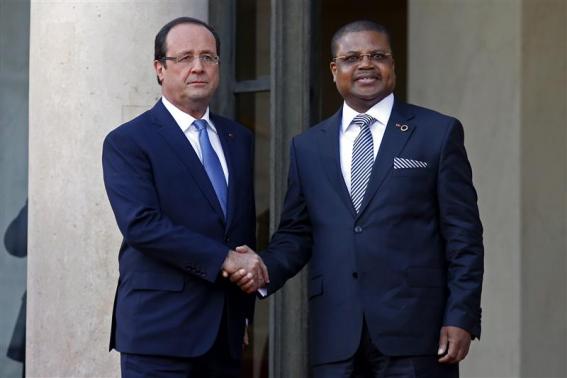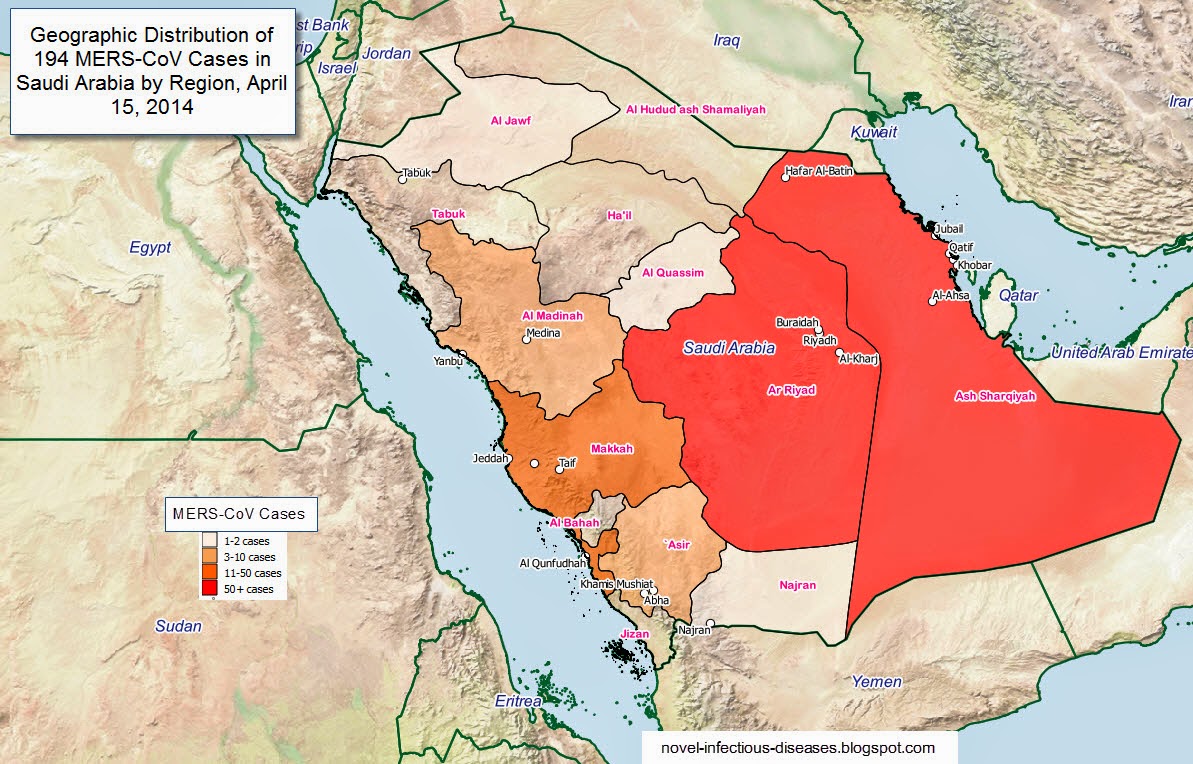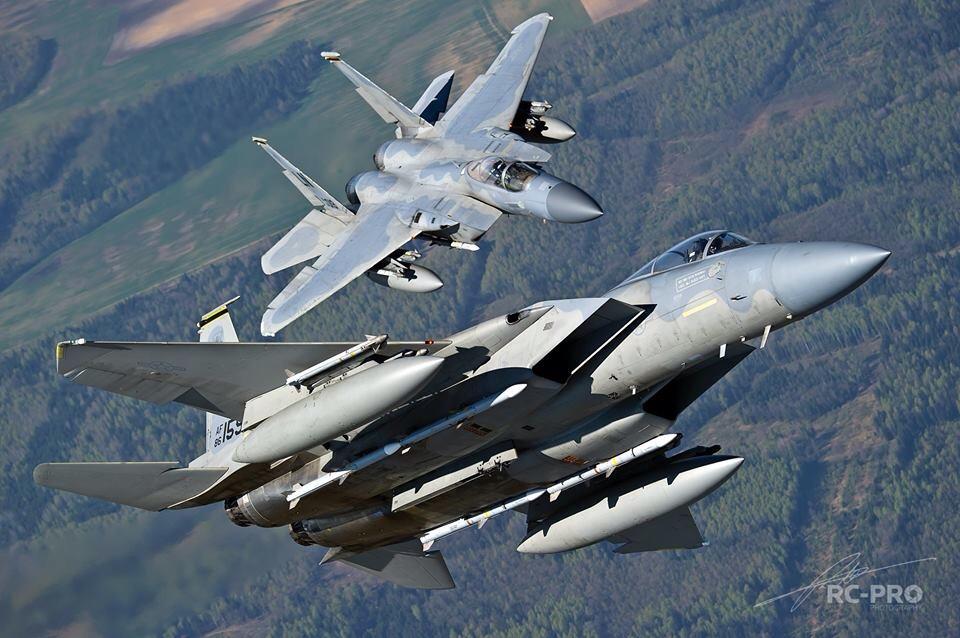[captionpix align=”left” theme=”elegant” width=”320″ imgsrc=” http://www.crowncanada.ca/files/c3project/canadian-money.jpg ” captiontext=””]
2013 polemic ‘The Big Shift’ describes a recent alignment between Albertan conservatives and immigrant Ontario conservatives as being the determining force in Canadian federal politics. It’s the single biggest status quo shift since Confederation, allege ‘Shift’ authors Darrell Bricker and John Ibbitson.
It’s a controversial forecast. The book has attracted scrutiny and criticism from parties invested in Canadian progressivism. While pursuing its contentious central argument, the book covers much ground. Three subsidiary topics examined in ‘Shift’ are especially worth examining. Whatever future voting blocs emerge or don’t, these matters will impact Canada.
First: the present state of Ontario’s Equalization payments. Second: the accusation of the Harper regime as criminal or anti-democratic. Third: lessened Aboriginal political capital in view of changing Canadian values. This article will look at Equalization; later articles will cover the remaining ‘Shift’ topics.
‘Shift’ argues that Atlantic Canada abuses seasonal Employment Insurance at national expense. Ontario suffers acutely, as the province that conventionally pays the most into Equalization. The system hastens the decline of central Canadian manufacturing, ‘Shift’ argues.
It cites David Mackinnon, former CEO of the Ontario Development Corporation, who says that Ontario pays twice as much into Equalization as it receives to the tune of 4% of GDP over the past 50 years. For context, the US spent 4% of GDP on defence over the same period.
It also notes that Ontarian manufacturing originally benefitted from national tariffs incenting the purchase of Ontarian products. Transfer payments were the flipside of partially-artificial regional growth, persisting until NAFTA removed most North American trade barriers.
Avoiding the contentious and complex attribution of policy motives, the fact remains that Ontario began receiving Equalization payments in 2009; these were the first payments to Ontario since the program’s 1957 introduction. Payments ramped up dramatically over the ensuing 3 years: from $347 m to $972 m, then $2.2 bn.
Experts dispute this figure’s significance. On the one hand: Equalization payments are distributed based on provincial averages. The change from ‘have’ to ‘have not’ hinged partially on the decline of Ontarian manufacturing but more so on the rise of oil revenues. Some argue that Ontario’s economic downturn is mostly over and its massive debt payments are proof of an advantaged ‘have’ status.
On the other hand, officials have complained that Ontario is shortchanged in terms of health and assorted program payments since at least 2007, when the Equalization formula was revamped. A recent Mowat Centre study argued that, even with recent incoming transfers, Ontario paid out $11 bn. It claims that certain key social services are more expensive in Ontario than in most other provinces.
The small cluster of transfer categories registered by the federal government masks a complicated balance sheet. Given the dispute among experts over how exactly the Ontario advantage or disadvantage crumbles, it’s difficult to weigh the ‘Shift’ claims regarding Ontario’s future kickback against the scheme. To some extent, dispute remains the norm.
The Constitution on Equalization: “Parliament and the government of Canada are committed to the principle of making equalization payments to ensure that provincial governments have sufficient revenues to provide reasonably comparable levels of public services at reasonably comparable levels of taxation.” (Subsection 36(2) of the Constitution Act, 1982)
Next week: the case for and against the Harper administration.




